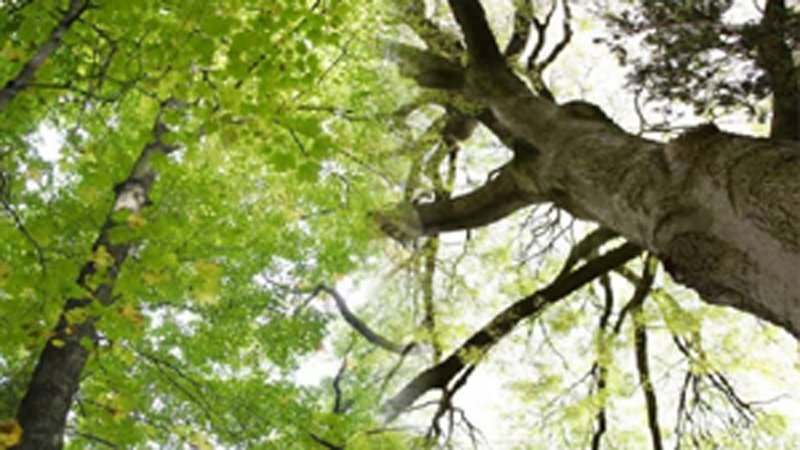Dr. Iqrar stated that air pollutants and particulate matter had caused serious health concerns in Pakistan’s major cities.

The University of Agriculture Faisalabad (UAF) scientists identified four species of local trees to improve air quality by effectively controlling particulate matter from the atmosphere.
This was stated by UAF Vice Chancellor Prof. Dr. Iqrar Ahmad Khan on Thursday while inaugurating a greenhouse established by the UAF Department of Forestry and Range Management. Dr. Farrukh Nawaz, Dr. Rashid Ahmad Khan, Dr. Irfan Ahmad, Director Farms Dr. Haroon Zaman Khan, Dr. Haroon-ur-Rasheed, and others were also present.
Dr. Iqrar stated that the greenhouse was outfitted with an artificial rainfall system and that it was built as part of the project “Contributing to a Breathable Future: Characterizing the Efficiency of Local Tree Species for Controlling Particulate Matter in Faisalabad” with financial support from Tree Fund USA.
He stated that the project was led by UAF scientists Dr. Fahad Rasheed and Asif Iqbal, who identified four species of local trees that would aid in pollutant control and air quality improvement.
He stated that air pollutants and particulate matter had caused serious health concerns in Pakistan’s major cities. He said that air pollution was causing many deaths worldwide, and this ratio was very high in developing and underdeveloped countries.
In these circumstances, it was critical to increase green areas to combat pollution and climate change, which had wreaked havoc not only on the agriculture sector but also on human lives, he said, adding that the UAF had made the right decision by establishing a greenhouse, which would play a dynamic role in improving air quality.
Dr. Sarfraz Hassan, dean of the Faculty of Social Sciences, stated that Faisalabad, Pakistan’s third-largest city, was a major victim of lung cancer cases and that pulmonary disorders were also on the rise in this industrial metropolis.
He emphasised the importance of accelerating efforts to plant as many trees as possible in order to address atmospheric pollution and climate change.
In these circumstances, it was critical to increase green areas to combat pollution and climate change, which had wreaked havoc not only on the agriculture sector but also on human lives, he said, adding that the UAF had made the right decision by establishing a greenhouse, which would play a dynamic role in improving air quality.
Dr. Sarfraz Hassan, dean of the Faculty of Social Sciences, stated that Faisalabad, Pakistan’s third-largest city, was a major victim of lung cancer cases and that pulmonary disorders were also on the rise in this industrial metropolis.
He emphasised the importance of accelerating efforts to plant as many trees as possible in order to address atmospheric pollution and climate change.